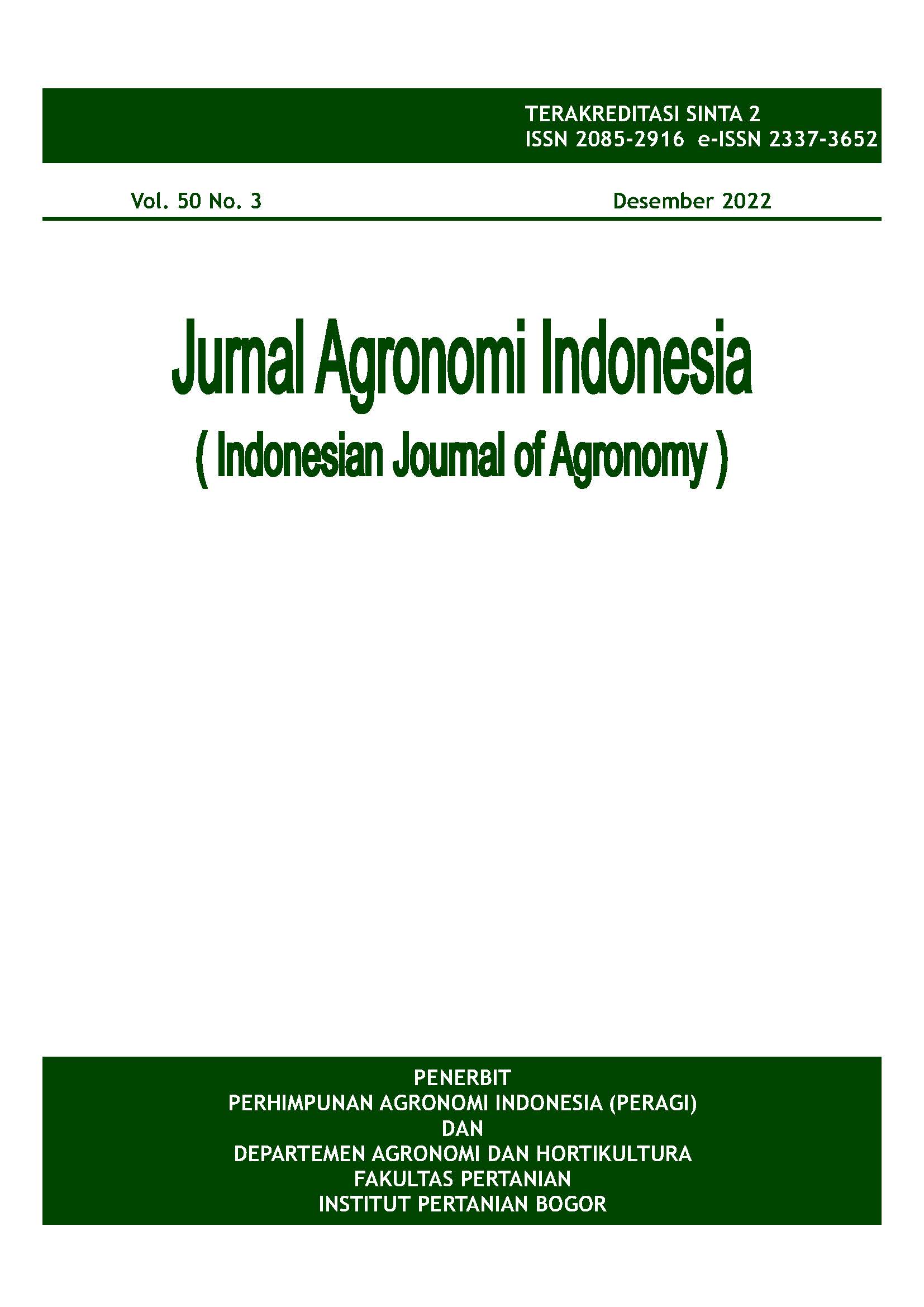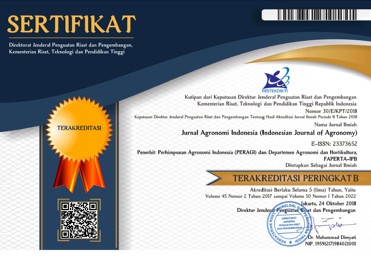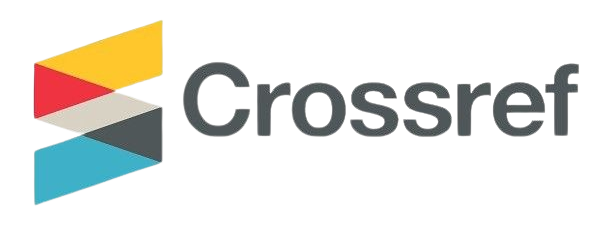Adaptation Test of Shallot Proliga Technology (Double Production) in Highland Majalengka
Abstract
The use of true shallot seed (TSS) in the double production (Proliga) cultivation technology of shallots has been developed by the Indonesian Agency for Agricultural Research and Development. The research was carried out in a participatory on 1,000 m2 of farmers’ land in Argapura District, Majalengka Regency (1,000-1,200 masl) in April-August 2019. The experiment used a randomized block design with three treatments and seven replications. The treatments were the Trisula seed with Proliga, Lokananta seed with Proliga, and Bali Karet tuber with the farmer’s method. The results showed that shallot productivity from Trisula and Lokananta seed with Proliga technology were 33.9 and 40.17 ton ha-1, respectively, while the productivity of Bali Karet tubers, with farmer’s technology, was 19.5 ton ha-1. Economic analysis of the seedbed on shallot Proliga technology was able to save seed costs up to 43% and the R/C ratio of shallot Proliga was higher than the farmer’s method. The technology of shallot Proliga from seed is technically and economically feasible to be developed, especially in the highlands because of its high productivity and benefit to farmers.
Keywords: economic analysis, shallot seeds, economic feasibility, technical feasibility, productivity













